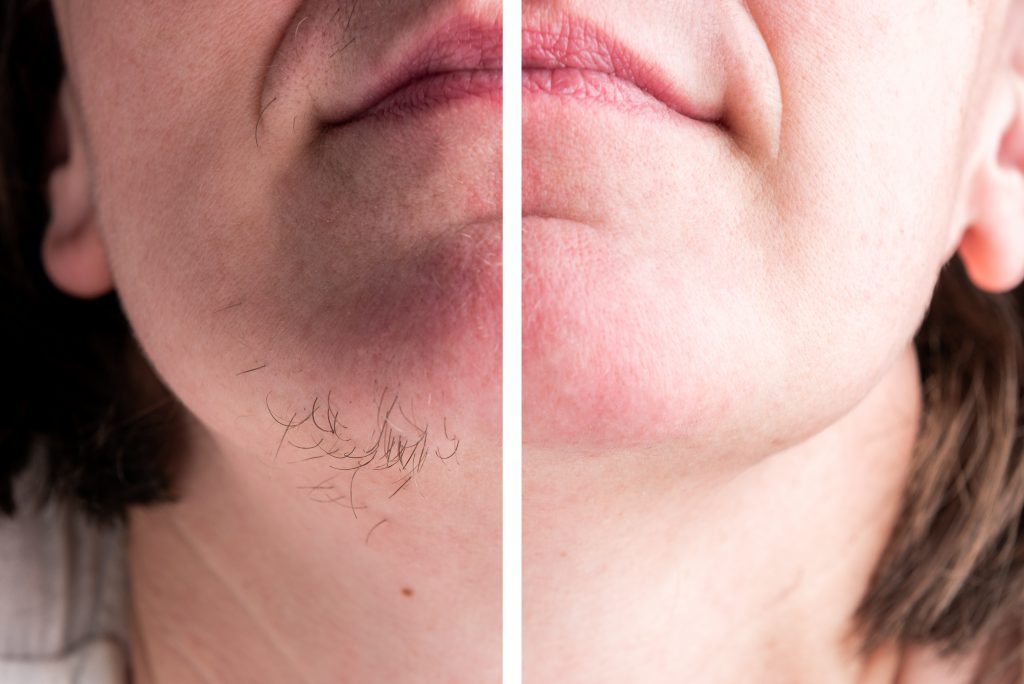Understanding and Managing PCOS: Hair Removal Options and Laser Treatments
Polycystic Ovary Syndrome (PCOS): A Common Condition
Polycystic ovary syndrome (PCOS) is a common hormonal disorder affecting approximately 1 in 5 women in the UK. Symptoms often appear in late teens or early twenties and can include irregular periods, excess hair growth, weight gain, acne, and difficulty getting pregnant. While the exact cause remains unknown, PCOS can be hereditary and linked to insulin or hormone imbalances.
Managing PCOS Symptoms: Diet, Weight, and Treatments
Maintaining a healthy diet and managing weight can significantly improve PCOS symptoms. Additionally, medications can address issues like irregular periods and fertility concerns.
Addressing Excessive Hair Growth
Many women with PCOS experience unwanted hair growth. While complete removal might not be achievable due to the underlying hormonal condition, various hair reduction methods offer effective management:
- Waxing: Offers temporary hair removal, best for fine to medium hair.
- Electrolysis: Permanent hair removal, but can be time-consuming and costly.
- Laser Hair Removal: A popular choice for long-term reduction, targeting dark hair with light pulses.
Understanding Laser Hair Removal for PCOS
Laser treatment works by targeting and heating melanin (hair pigment) to damage the follicle and impede future growth. Here’s what to know:
- How it Works: Light pulses target the hair follicle, disrupting its growth and changing its structure over time.
- Treatment Process:
- Area is shaved and prepped with gel.
- Laser applicator delivers precise light pulses to the follicles.
- Multiple sessions (3-6) are needed, spaced 6 weeks apart initially, with maintenance sessions later.
- Pre-treatment guidelines include avoiding hair removal methods like waxing or tanning for 4 weeks and sun exposure.
- Effectiveness: Targets hair in its growth phase, hence multiple sessions are necessary.
- Skin Type: Darker skin tones might experience more discomfort, but advanced technology has improved safety and efficacy.
Remember:
- Consult a healthcare professional for diagnosis and treatment guidance.
- Discuss your individual needs and goals with a qualified laser hair removal technician.
- Manage expectations, understanding that PCOS can impact treatment outcomes.
By understanding PCOS and exploring hair removal options like laser treatment, you can effectively manage unwanted hair growth and improve your quality of life.
I hope you find this blog post helpful and informative!
